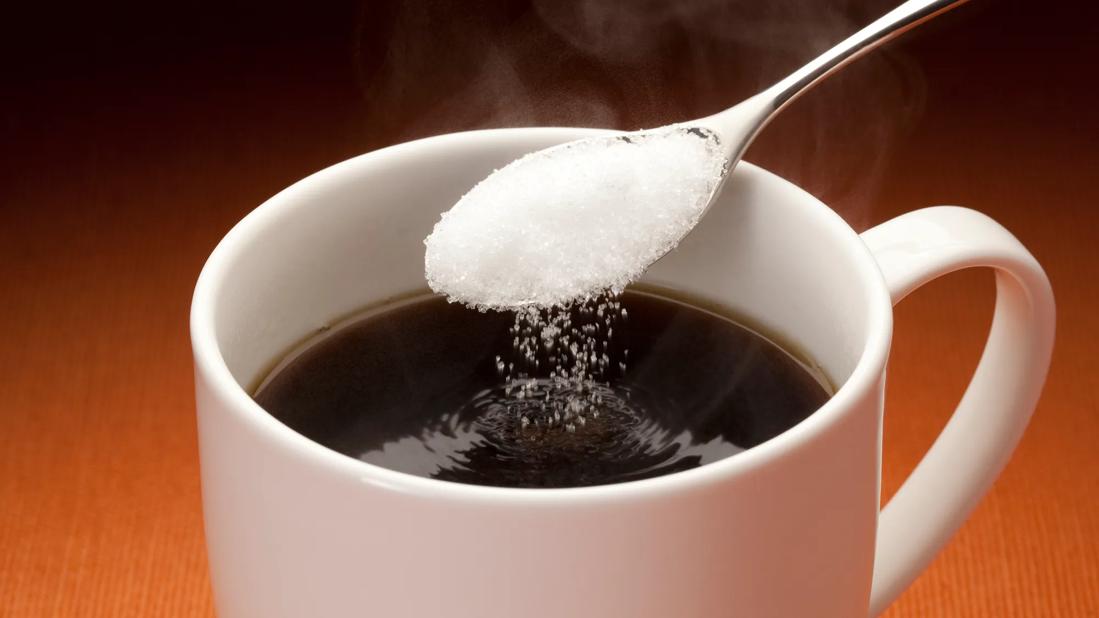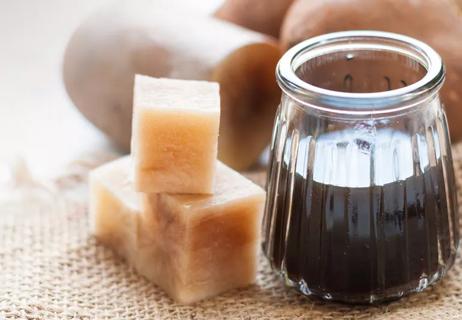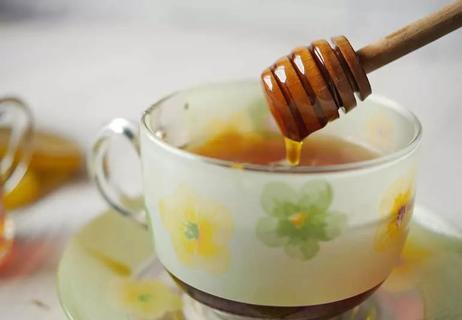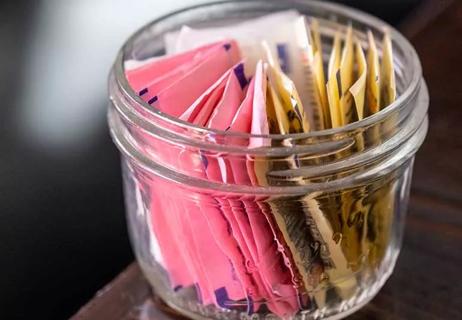Although allulose is an FDA-approved sugar substitute, more research is needed to understand its safety

Sometimes, there’s nothing that hits the spot quite like a sugary treat. We’re all human. We get it.
Advertisement
Cleveland Clinic is a non-profit academic medical center. Advertising on our site helps support our mission. We do not endorse non-Cleveland Clinic products or services. Policy
For people looking to cut down on added sugars, sugar substitutes can seem like finding the cheat code for healthier desserting. So, when a new kind of artificial sweetener hits the market, you might wonder if it’s all it’s cracked up to be.
Enter allulose, a relative newcomer on the sugar-substitute shelves.
What is allulose? And is it safe? Registered dietitian Anthony DiMarino, RD, LD, and Stanley Hazen, MD, PhD, a specialist in preventive cardiovascular medicine who’s been researching artificial sweeteners, share what we know.
Allulose is a naturally occurring sugar found at low levels in figs, raisins, wheat, maple syrup and molasses.
It’s also available as a sugar substitute and can be used in recipes for people who want to cut back (or cut out) sugar, including people with diabetes and people following specialized diets, like keto.
But when allulose is used as an artificial sweetener — such as in “sugar-free” and “keto-friendly” muffins, ice cream and more — you’re getting much more of it than is natural.
Like other artificial sweeteners and sugar alcohols, allulose is popular for a reason. Namely, that it has fewer calories than sugar. But it might come with some potential drawbacks.
Advertisement
Allulose hit the shelves as an artificial sweetener in the 2010s. It’s been touted for:
“Chemically, allulose is similar to fructose, which is found naturally in fruits,” DiMarino explains. “It’s roughly 70% as sweet as sugar, so it tastes very similar. After being absorbed in the small intestines, it’s rapidly excreted, and therefore, has minimal contribution to your daily caloric intake.”
Allulose is approved by the U.S. Food and Drug Administration (FDA), which considers it “generally recognized as safe” (GRAS). It’s also approved in some other countries, including Japan, Mexico, Singapore and South Korea.
But allulose isn’t approved for use in Canada or Europe. There, it’s considered a “novel food,” which means it hasn’t been available long enough for sufficient testing, according to those governments’ standards.
And it’s important to know that the FDA’s GRAS status doesn’t mean that allulose has been rigorously tested.
“We don’t have studies regarding the safety of allulose at this time,” Dr. Hazen shares. “But if it follows similar trends to what we see in some other sugar substitutes that are sugar alcohols like erythritol, I would suggest there’s reason to be cautious about how much of it you consume.”
A growing body of research has connected some sugar substitutes to some serious, even life-threatening risks.
Dr. Hazen has extensively researched the effects of two sugar alcohols — erythritol and xylitol.
Sugar alcohols are natural products formed in each of us at small levels. Because their structure looks like sugar and they can taste like sugar, sugar alcohols like erythritol and xylitol have been used in place of sugar to sweeten foods without affecting your blood sugar levels. Like allulose, they also have fewer calories than sugar.
Dr Hazen’s research team has looked at many thousands of subjects in the United States, as well as from Europe, and has shown that having high blood levels of either erythritol or xylitol is linked to greater future risk of heart attack and stroke.
Advertisement
Additional studies have shown that in healthy volunteers, eating products made with those sugar alcohols dramatically raises blood levels. And blood tests suggest increased clotting potential after ingestion.
Based on this, Dr. Hazen cautions that eating or drinking erythritol- or xylitol-sweetened foods and beverages could increase your risk for life-threatening heart problems.
Whether allulose or other sugar substitutes carry this risk isn’t yet known. But studies are ongoing.
And because allulose has some similar properties to these products, chemically speaking, some researchers are theorizing that it could come with similar concerns.
Dr. Hazen’s advice in the meantime? “I recommend my patients avoid artificial sweeteners, including things like sugar alcohols and allulose until we have more data. I suggest that a small amount of sugar or honey is a safer choice until we have more information.”
While we don’t know for sure what effects (if any) allulose may have on your heart, we do know that it can be tough on the tummy for some people.
If consumed in large quantities, allulose may cause some stomach discomfort, including gassiness, bloating and queasiness. That’s true of most other sugar alcohols and artificial sweeteners, too.
Advertisement
Allulose is one of several sugar substitutes that have FDA approval, including:
Dr. Hazen cautions to read labels carefully because often packages of artificial sweeteners are actually blends of multiple sugar substitutes. For example, ultra-sweet artificial sweeteners often include a “carrier,” like granular erythritol or other sugar alcohols.
If you’re looking to sweeten up your diet with a sugar substitute, allulose is an option for some people. But remember that just because it’s not really sugar, that doesn’t mean allulose — or any artificial sweetener — is the healthiest choice.
“Your best bet nutritionally is always going to be a food-first approach,” DiMarino states. “If you’re looking for something sweet — and we all do sometimes — look first to fresh fruit and small portions of naturally occurring sugars, like those in honey, dairy or molasses.”
Dr. Hazen agrees: “I recommend to my patients that they shop the produce aisle — it’s healthier.”
Advertisement
Learn more about our editorial process.
Advertisement

High fructose corn syrup is a common sweetener in packaged foods and can contribute to weight gain and inflammation

Erythritol is found in a range of ‘diet,’ ‘sugar-free’ and ‘keto-friendly’ foods — but research has linked it to heart attack and stroke

Studies and the FDA say this herbaceous alternative is safe in moderation, so go ahead and sprinkle away!

Xylitol in processed food can increase risk of heart attack and stroke — but there’s no danger in xylitol in oral care products

All-natural, plant-based and low-calorie, but it can also cause some serious digestive discomfort

Fruit is the best option for a healthy sweetener, but limit refined sugar and artificial sweeteners

Artificial sweeteners may have fewer calories, but they come with plenty of health concerns

Wearing a scarf, adjusting your outdoor activities and following your asthma treatment plan can help limit breathing problems

Your diet in the weeks, days and hours ahead of your race can power you to the finish line

When someone guilt trips you, they’re using emotionally manipulative behavior to try to get you to act a certain way